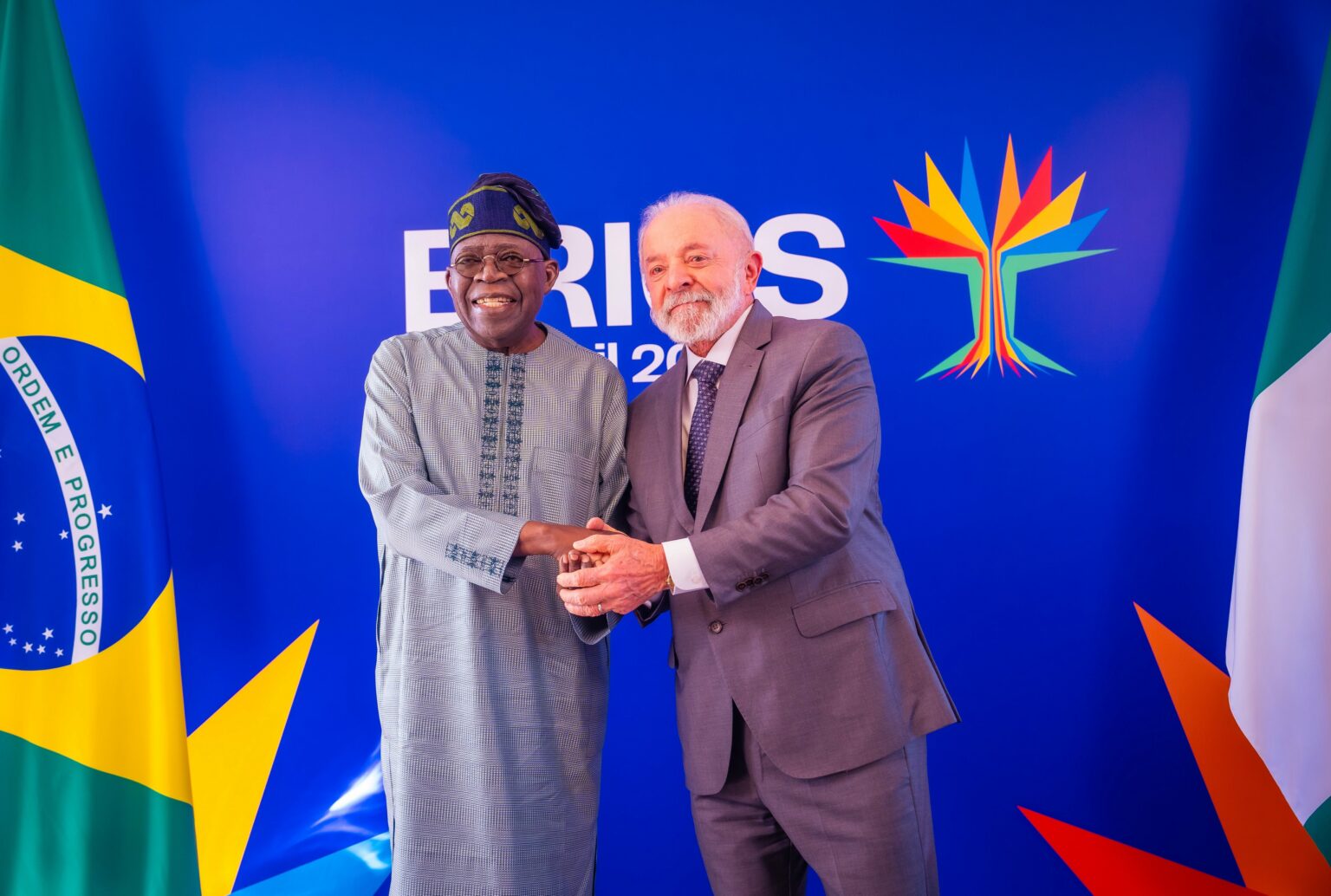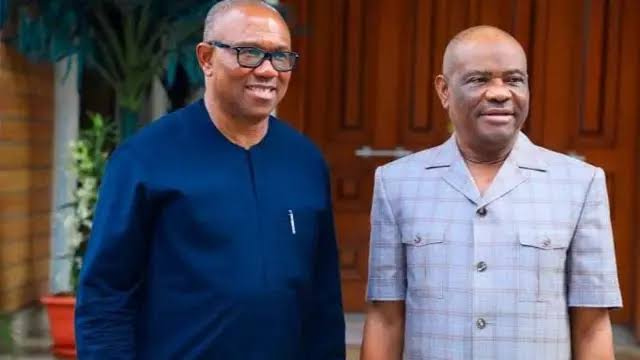
Tinubu Vows to Dismantle Bureaucracy, Ignite Agricultural Revolution Through Brazil-Nigeria Pact

In a powerful declaration that signals a new era for Nigeria’s agricultural sector, President Bola Ahmed Tinubu has vowed to break down bureaucratic walls that have long strangled the nation’s potential for agricultural greatness.
During a high-level bilateral meeting with Brazil’s President Luiz Inácio Lula da Silva, Tinubu pulled no punches as he mapped out a bold, reform-driven agenda — one centered on livestock production, food security, and export expansion.
It wasn’t just a diplomatic handshake in the shadows. It was a strategic alignment between Africa’s largest economy and Latin America’s agricultural powerhouse, sealed with promises, vision, and urgency.
With the weight of Nigeria’s food crisis on his shoulders and millions of unemployed youths waiting for direction, Tinubu delivered a message that resonated beyond the four walls of any presidential villa: “We will remove every bureaucratic bottleneck stifling progress in agriculture. It’s time to stop talking and start planting.”
The room, filled with Brazilian and Nigerian delegates, energy experts, agribusiness investors, and international observers, felt the shift. This wasn’t politics as usual.
This was a clarion call to transform Nigeria’s fertile soil into a global engine of food production — with Brazil as a willing and capable partner.
Tinubu's remarks came at a critical time, when food inflation in Nigeria has soared to historic levels, livestock production is crippled by insecurity and outdated systems, and farmers across the country continue to operate with little support and even less structure. His words weren’t mere diplomacy — they were a lifeline to a nation struggling to feed itself.
But it wasn’t all talk. During the meeting, Brazil and Nigeria agreed to deepen cooperation across trade, energy, mining, and agriculture, with a specific focus on streamlined agreements and technical collaboration.
Brazil, with its rich history of transforming once-barren lands into food havens through modern technology and state-backed research, is now positioned to be Nigeria’s critical ally in this new agricultural awakening.
The proposed partnership, according to insiders, will include knowledge exchange on livestock genetics, mechanized farming, agro-processing, and climate-resilient practices.
It will also target rural development by creating agri-clusters and export zones powered by solar energy and smart irrigation. In essence, it’s a blueprint for what Nigeria’s agricultural future could look like — sustainable, scalable, and shock-resistant.
Tinubu’s ambition for this pact is not just about internal consumption. He emphasized job creation for youth, a sharp increase in non-oil exports, and the restoration of Nigeria’s position as the breadbasket of West Africa.
With over 70% of Nigeria’s population engaged in some form of agriculture, a reformed, investor-friendly sector could rapidly become the backbone of Nigeria’s economic revival.
The meeting with Lula da Silva is symbolic. Brazil, once plagued with rural poverty and subsistence farming challenges, underwent a dramatic transformation through consistent government investment in agriculture, rural education, and mechanization.
Today, it stands as one of the world’s top producers of soybeans, beef, and corn. Tinubu believes Nigeria can replicate — and even outdo — that model, if only “we’re bold enough to cut through the red tape.”
Observers say the President’s direct approach, his insistence on dismantling inefficiencies, and his eagerness to welcome global expertise could mark a turning point. A top source within Nigeria’s Ministry of Agriculture confirmed that technical committees from both countries have already begun drafting an actionable framework that will go beyond photo ops and joint communiqués.
Social media erupted shortly after the meeting, with hashtags like #TinubuBrazilAgricPact, #FoodSecurityNow, and #AgriReform2025 trending across platforms. Many praised the president’s proactive stance and global outreach, while others called for urgent implementation, wary of Nigeria’s history of big promises with no follow-through.
This time, however, the tone from the presidency suggests a different path.
Tinubu, who has repeatedly pitched himself as a reformer-in-chief, appears determined to prove that Nigeria’s prosperity won’t be built on oil alone — but on cassava, cattle, cocoa, and crops. And in a world increasingly defined by food wars and climate threats, that may be the smartest move any African leader can make.
The message is loud and clear: the days of subsistence farming and policy paralysis are numbered. A new green revolution may be taking root — not with slogans, but with soil, science, and South-South cooperation.
Stay tuned to Busterblog.com as we track every move on this Brazil-Nigeria agricultural pact — from presidential promises to boots on the ground.


